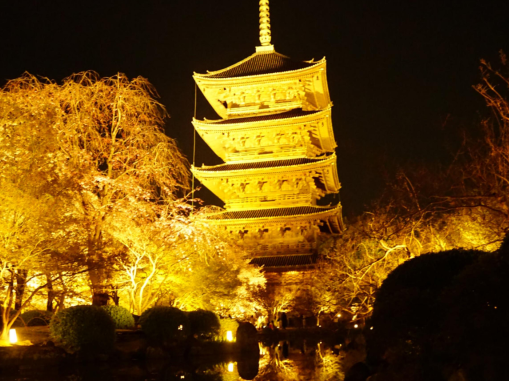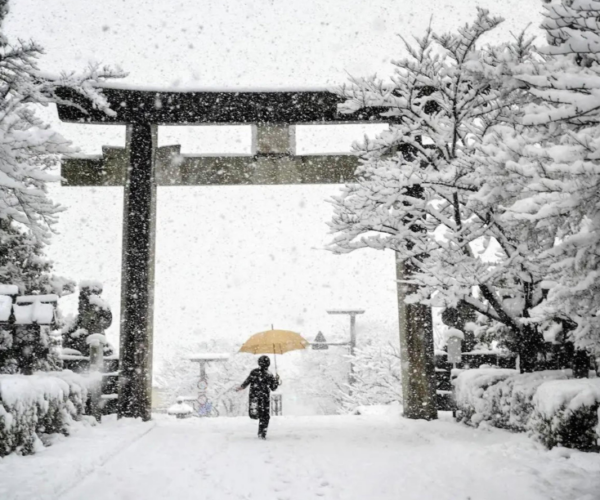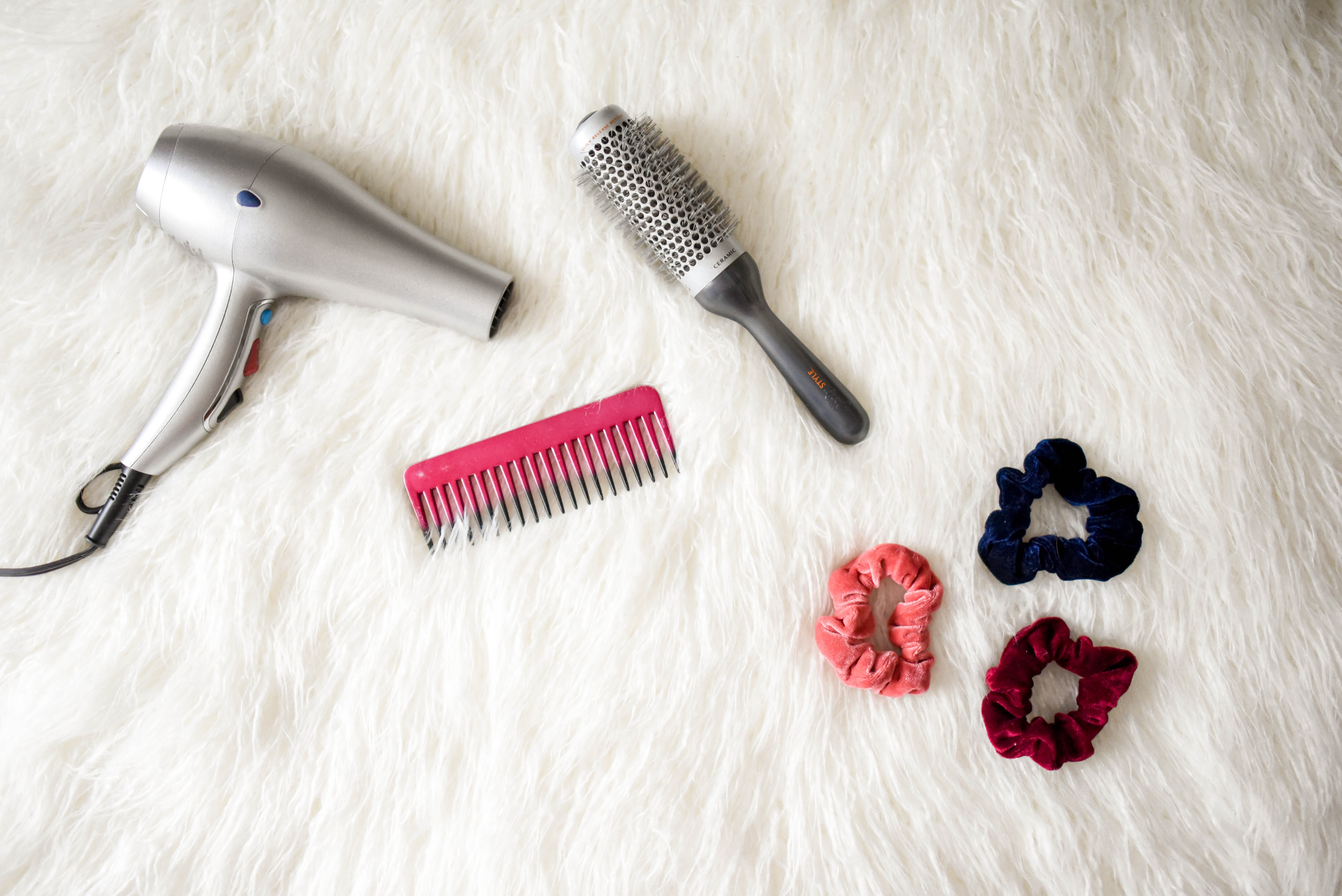Photo: Element5 Digital on Unsplash.com
This article originally featured in the March 2020 issue of Connect.
Devoni Guise (Saitama)
This is the scenario: You venture to your local drugstore needing a face wash, because the two bottles you bought from home are gone and there is no way you are paying 10,000 yen plus shipping to buy them online. You have dry skin with patches that look like the onset of eczema, so you’ll prefer a face wash that is relatively creamy and non-drying. Your skin is also sensitive around your jawline, so nothing with harsh ingredients or acids. You are also aware of the skin whitening effects some products in Asia claim to have, but you like your skin tone thankyouverymuch so those products are a hard no. And with the scenario set, where do you start?
1
Well, looking for a special product and need recommendations? Search Cosme rankings!
Cosme.net is a review portal site. It also has information about beauty trends and news. Majority of the products come from Japan. Cosme is useful because it has over four million users, many Japanese women, who review various beauty related products. What is really helpful is that at certain points of the year, Cosme will rank products and crown favorites based on reviews. I specifically seek out products with Cosme backing and have never been disappointed. You can find Cosme awarded products by the seal placed on them. Be careful, though; some products sport replica seals that look almost exactly like the one Cosme doles out.
You can find English translations of the rankings here. I find Cosme a better resource for discovering new products than Reddit or Youtube which focuses on well-known brands that are easy to get internationally. Being in Japan, it would be a waste not to venture out and try amazing products by little known or new brands. So, if you are interested in Japanese products and want something that has been reviewed and loved by the public, go to Cosme.net.
2
Amazon, Ebay, Reddit, and Youtube are great resources for finding reviews of products you are not sure about and in ENGLISH! However I would caution against buying them online, unless you are buying from a seller verified by the company, or from a website by a major distributor. Fake products are a problem in the beauty industry.
3
Learn the return policy before you buy! Some stores do not allow returns on products that have been opened, to ask in Japanese: すみません、これ、返品(へんぴん)できますか. (Sumimasen, kore, henbin dekimasuka?)
4
Use point cards. Over time, depending on special promotions, you can save money on future purchases, get samples of new products, and receive discounts. Point cards are not only good for beauty purchases but can be used for a variety of goods.
5
As you are going through the store, be cognizant that not all products are grouped together by brand or use, I noticed at my local Welcia that the placement of the product on the shelf really depends on the brand. For instance, a brand will have its face emulsion cream always placed next to a competitor, while the rest of their line is separate. This can make it hard to find products you are interested in, but don’t give up! I always keep a screenshot of what I want so for when I am tired of perusing the aisles by myself, I can show it to a clerk and we can scan the aisles together.
Japanese products are relatively safe and you don’t have to worry about noxious or injurious chemicals, but there are ingredients people wish to avoid based on their skin type. To make that a little easier, here is a list of five common ingredients people avoid in their hair and beauty products (and a little bit on why for the curious).
Products with alcohols (the non-fatty type)—While there are chemicals with ‘alcohol’ in their name, these ‘fatty alcohols’ are usually some type of emollient and work well in moisturizing products. People avoid non-fatty type of alcohols as they are often too strong for sensitive skin. Short-chain alcohols are also avoided due to a tendency to cause frizz for curly and wavy hair types. Non-fatty and short-chained alcohols can also be too drying for hair (especially for wavy to kinky hair types), particularly when they are used in leave-ins or deep conditioners. In Japanese, alcohol is usually written as アルコール. The type of alcohol will be written in katakana before アルコール.
Parabens—Many people choose to avoid parabens due to their association with cancer. The European Commission on Endocrine Disruption has listed parabens as having a possible association with cancer due to their ability to mimic estrogen in the body. Parabens have also been found in cancer tissues. In Europe, some of the more toxic parabens have been banned from use. Generally, it can be hard to avoid parabens since they are used to preserve products (including foodstuff), and many countries have not banned paraben use to any extent. If you are interested in avoiding them, in Japanese parabens are xxxパラベン.
Sulfates—Specifically, sodium lauryl sulfates can be extremely drying for hair and skin. Commonly used as a surfactant, you can find this chemical in products meant to degrease tires! In Japanese sulfates can be found by locating one of these words:ドデシル硫酸ナトリウム, ラウリル硫酸ナトリウム,硫酸ラウリルナトリウム,ラウリル硫酸Na, or ドデシル硫酸ナトリウム. In general keep an eye out for ナトリウム, which is written in shorthand Na.
Silicones—Not all silicones are made the same, but for many avoid them as a whole in their skin and haircare routine. Frequent use of silicones can result in buildup that is extremely hard to entirely remove. This buildup then prevents other treatments from doing their job or being absorbed into the skin/hair. In Japanese silicone is written as シリコン or ○○メチコン, depending on the type of silicone used.
Mineral Oil—Specifically for haircare, there is a movement to avoid mineral oil due to its ability to cause buildup on hair strands, and eventually cause scalp problems. There are also concerns (though not yet confirmed) by several consumer groups concerning the source of mineral oil and how it is processed, which determines if it could be carcinogenic. In Japanese mineral oil is 鉱油.
Skin-whitening products—There are various chemicals used to whiten skin. For the most part, Japan does a very good job keeping out the dangerous chemicals some people use, such as mercury, out of the market. If you are trying to avoid skin-whitening products, they are usually distinguished by the inclusion of hydroquinone (ヒドロキノン or ハイドロキノン in Japanese) in their ingredient list, or the use of ‘white’ (ホワイト, in katakana or the kanji 白 ) in its name or description.
These are not fail-safe tips, however, so when in doubt put it down. Also, there is no need to be afraid of some of the common acids found in skin care products, such as glycolic, mandelic, or lactic. These are simply great exfoliants. Same with Vitamin C; it will not lighten skin by itself, or at the dosage found in most drugstore products. If you do find yourself accidentally using a skin-lightener, it will only cause issues with prolonged and repeated use. So, there is time to dispose of the product before it ruins your skin. Once again, be sure to research any concerns you may have. Google does a decent job of translating ingredient names.
I hope this article is a small help in navigating your local drugstore. Happy exploring!
Devoni Guise is a second-year ALT living, reading, and daydreaming in Saitama. You can follow her journey into true independence in her home country of the US on Instagram @getting.wealthy.







